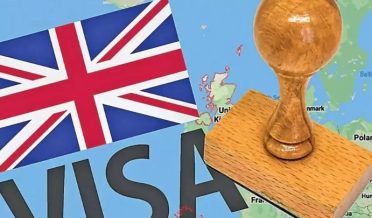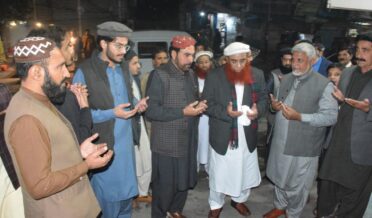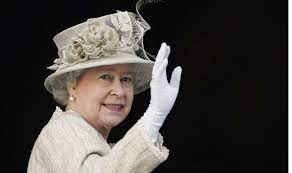Forced marriage is illegal in England and Wales. This includes taking someone overseas to force them to marry (whether the forced marriage takes place) arranging a marriage for someone who lacks mental capacity (whether they’re pressured to or not)
Unfortunately, forced marriages are increasing in British Asian communities, but young people are far more critical of the practice than their elders, according to the most detailed government study ever undertaken. The legal age for marriage differs from country to country. In the UK, this age is 18. With parental and participant consent combined, this can go as low as 16. The global statistics for underage or child marriages are overwhelming. 100 million girls under 18 will be married off within the next decade. There are currently 51 million girls between the age of 15 and 19 that are married worldwide. In the UK, the Forced Marriage Unit (FMU; part of the Home Office) dealt with 1,302 cases related to FM from last 10 years till today in 2023. Women are at higher risk of being forced into marriage at 82 per cent, however there is a significant number (18 per cent) which also see men being victims, and interestingly, forced marriages are not limited to the young either. According to FMU: “Where the age was known, 15% of cases involved victims below 16 years, 25% involved victims aged 16-17, 33% involved victims aged 18-21, 15% involved victims aged 22-25, 7% involved victims aged 26-30. Forced marriage is a violation of internationally recognised human rights standards. Some in the UK have woefully disregarded this basic human right. “The true scale of the problem however remains unclear; it is difficult to estimate. Most alarmingly, support groups have suggested that FM is becoming a bigger problem every day,” Sadly, the people breaking the law are not the ones suffering. Even for those young victims and children who survive this calamity, their mental and physical health is ruined forever. Where country of origin is involved, those of a Pakistani background are seen as the biggest culprits of FM at an incredible 42.7 per cent, while Indians are 10.9 per cent and Bangladeshi’s, 9.8 per cent.
London (24.9 per cent) and the West Midlands (13.6 per cent) are also the two highly populated Asian regions where forced marriages are most likely to take place. As is common in South Asia, parents have agreed marriage partners for their children as soon as they are born, and children as young as 2 years old can be formally engaged within the community, as a token of future marriage. In the UK, children are taken abroad during school holidays and wedded off, sometimes under extreme duress, or even psychological blackmail. There are many reasons why people continue with this heinous tradition, including poverty, lack of education and disability. According to FMU statistics: “97 cases involved victims with disabilities. 12 involved victims who identified as lesbian, gay, bisexual, or transgender (LGBT).” No matter how complicated or diverse the reasons are, the result of forced marriages has some serious consequences. Issues like physical and mental abuse, domestic violence, and child pregnancy are all prevalent. The UK government have now sought to change laws hoping to put a stop non-consented, forced marriage: “The criminalisation of forced marriages (as opposed to arranged marriages) with penalties of up to a seven-year sentence coupled with existing remedies under Forced Marriage Protection Orders (FMPO) can only but be a positive step in reducing forced marriage (FM),” Naheed says. Risk of forced marriage among people with learning disabilities: carers provide insights into consent, care needs and the place of marriage in South Asian communities. Moreover, Under UK law, some people with learning disabilities cannot legally marry. If someone is unable to understand the implications of marriage – or to develop the capacity to understand – they cannot consent to marry. By law, any marriage that goes ahead is considered ‘forced’. Most forced marriages in the UK take place within South Asian communities. People with learning disabilities are at higher risk of forced marriage than others. In a new study, researchers explored the views of carers within Indian, Pakistani and Bangladeshi communities. Carers said that securing long term care for their relative was the prime reason behind forced marriage. Other themes emerged, including the importance of marriage within the community, along with the belief that it might lessen the disability. There was a lack of awareness that these marriages are against the law if the person does not have capacity to consent.
135






